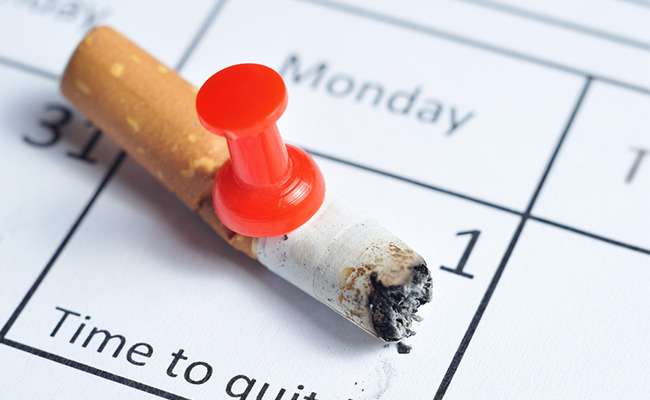This is part-two of a two-part series about the first ninety days of recovery from substance abuse.
In Early Sobriety, You Will Suffer From Acute Withdrawal
The first part of sobriety is known as the acute withdrawal phase. This usually lasts for the first two to four weeks of abstinence from mood and mind-altering chemicals, depending on how much alcohol or drugs you have been consuming. This is the most uncomfortable part of the withdrawal process.
Acute withdrawal can be dangerous and even deadly. During post-acute withdrawal from just about every drug except marijuana – and especially alcohol – you can experience seizures, coma, and even death when you are removing addictive substances from your system.
This is why most people choose to go through post-acute withdrawal in the safety and comfort of our inpatient treatment program here at DARA Thailand. We provide round-the-clock care to monitor and evaluate our patients to make sure they progress through the acute withdrawal phase successfully.
After The First Month, You Move Into The Post-Acute Withdrawal Phase
During the post-acute withdrawal phase, symptoms subside and the pain and discomfort lessen tremendously. Usually, post-acute withdrawal lasts from four to eight weeks. During this time, you will still experience the symptoms of acute withdrawal, but they will be manageable. You will feel as though you are getting your sanity back and begin to feel as though you can tolerate being in your own body.
What You Should Expect During The Two Phases Of Withdrawal
As we mentioned, there are different withdrawal symptoms for different drugs. However; there are some common themes you should expect among the acute and post-acute withdrawal phases of any addiction.
Here are a few:
You will feel weird. There’s no other way to explain it. Your body will feel different. You will feel uncomfortable in your own skin.
You will feel like you are going insane. But you’re not. It just feels like you are.
You will have cravings for alcohol or your drug of choice. This is guaranteed. Because your body is so used to using drugs or alcohol, it will scream for more once you stop putting the chemicals into your body. You have to be strong and remind yourself that the cravings will pass.
You will feel tired – even downright exhausted. This is because drugs and alcohol take a toll on the body and they drain you of your energy.
Your sleep will be disrupted. You may have insomnia and be unable to sleep, no matter how tired you are. Or, if you are lucky enough to get sleep, you will probably wake up several times during the night. You will also have nightmares.
You will have a change in appetite. You may eat more or less than you usually do.
You will have a difficulty concentrating. Working may be especially difficult because your mind doesn’t function the way you wish it would.
You will feel depressed. Depression can last for months after you quit using drugs or alcohol.
Don’t Give Up Five Minutes Before The Miracle
We hope you appreciate this honest assessment of the first ninety days of recovery. But, keep in mind, withdrawal does pass, the cravings go away, and things get better.
The miracles and gifts that come with the recovery process usually don’t start to show up until after the first three months. You just have to hang on to get to the other side. If you are within the first ninety days of your sobriety, just keep moving forward one day at a time. You will find that by the time you cross the three-month mark, you will feel much more content, easy-going, and lighter on the inside. And – you’ll be grateful that you are clean and sober.
CLICK HERE to get a Free Confidential Addiction Rehabilitation Assessment.














